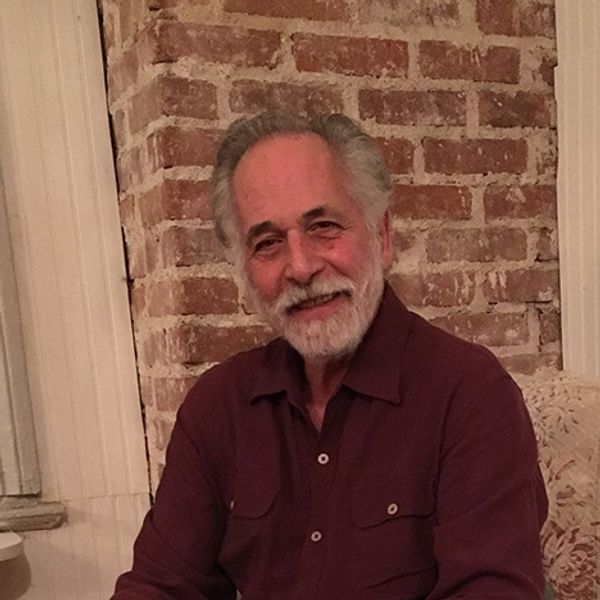Lia Purpura, Parasol Mushroom (detail), featured in AGNI 102
The Arrival of the Voyagers
They ran up at the first sign. Their enthusiasm scattered little varnished flags on the marble slabs of the summits. Alone, one indifferent . . .
By a miracle, the strongest became powerless. He mechanically rolled up the ribbons of his fingers with the branches of towers and distress, swore to be quiet, appreciated the cries of children, his hunger, his thirst and his money. In the spring he cultivated his own garden, armed with a vase . . .
In the asylum the old people, crying, embraced their companions in captivity, their lascivious brothers. With the house full of sable, the windows broke and they had no one to close the shutters.
One still asks oneself who told them not to worry any longer about the rest.

Paul Éluard
Paul Éluard (1895–1952) was instrumental in the founding and proliferation of the Dadaist and Surrealist movements in post-WWI Europe. Over the course of his life, he published more than seventy volumes of poetry, including Capitale de la douleur (1926) and L’Immaculeé Conception (1930), the latter a collaboration with André Breton. Éluard was a radically political poet and activist, his work frequently circulating during WWII as an illicit protest against France’s collaborationist Vichy government.

Ira Sadoff
Ira Sadoff is the author of seven poetry collections, most recently True Faith (BOA Editions, 2012); a novel; a book of critical essays; and The Ira Sadoff Reader (Middlebury College Press, 1992), an anthology of stories, poems, and essays. His poems have appeared or are forthcoming in Tin House, The New Yorker, AGNI, The American Poetry Review, and elsewhere. The recipient of fellowships from the Guggenheim Foundation and the National Endowment for the Arts, he lives in Ulster County, New York. (updated 10/2018)
Sadoff’s AGNI poem “Self-Portrait with Critic” was chosen for The Best American Poetry 2002.
